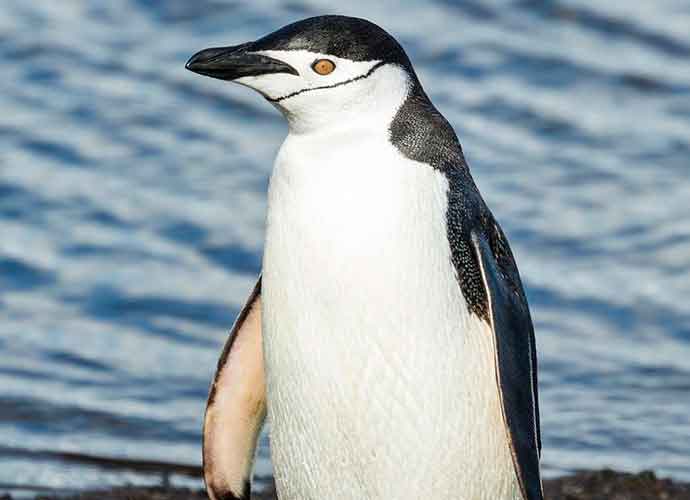World Penguin Day: Species Facing Extinction As Fishing Fleets Harvest Prey
Today marks World Penguin Day, as the penguin population is facing extinction.
WORLD PENGUIN DAY
Penguins and other species are hurtling toward extinction as the fish and prey they feed on is being harvested by fishing fleets. This prey is turned into feed for farmed salmon, chicken, pigs, and other human livestock.
The South African penguin population has already fallen nearly 70 per cent since 2004 due to the harvesting of sardines, anchovies, and other marine prey. A coalition of environmental groups is using World Penguin Day to announce an “Extinction and Livestock” conference in October to search for solutions.
“The decline of species is reaching a critical point and we cannot ignore the role of unsustainable livestock production,” says WWF executive director Glynn Davies. “If nature is to recover, we need to work together and encourage sustainable farming systems which will limit pollution, reduce habitat loss, and restore species numbers.”
“We must stop this ruthless destruction before it is too late,” added Philip Lymbery, chief executive of World Farming. “The Extinction and Livestock Conference will bring together people, organizations, and businesses from all over the world to play their part in shaping the solutions that we so desperately need.”
BirdLife International is sharing penguin stories from around the world on its website to celebrate World Penguin Day and to inform the public about the species decline:
“Beautiful. Inspiring. Under threat. Penguins are among the world’s most charming and recognisable birds, but from south pole to equator, a web of threats is seeing them slide ever-closer towards extinction. Some birds just grab the public’s attention. Puffins, parrots, albatrosses and owls; they inspire stories and songs, and we decorate our homes with their images. But one group of birds is singled out for more appreciation by the human race than any other: the penguins. There are is a lot to love about penguins. They’re cute, and while they’re comical on land, they are remarkable swimmers capable of diving great depths and migrating thousands of kilometres each year. The Antarctic species endure some of the most extreme conditions on Earth to raise their young, a feat deemed worthy of a Morgan Freeman voiceover. They occupy a host of habitats, from forests in New Zealand to the volcanic islands of the Galapagos, and from the beaches of southern Africa to far-flung Subantarctic Islands. Like so many well-loved species though, human appreciation alone is not enough to stop this group of birds from slipping towards extinction.”
RELATED ARTICLES
Get the most-revealing celebrity conversations with the uInterview podcast!






Leave a comment